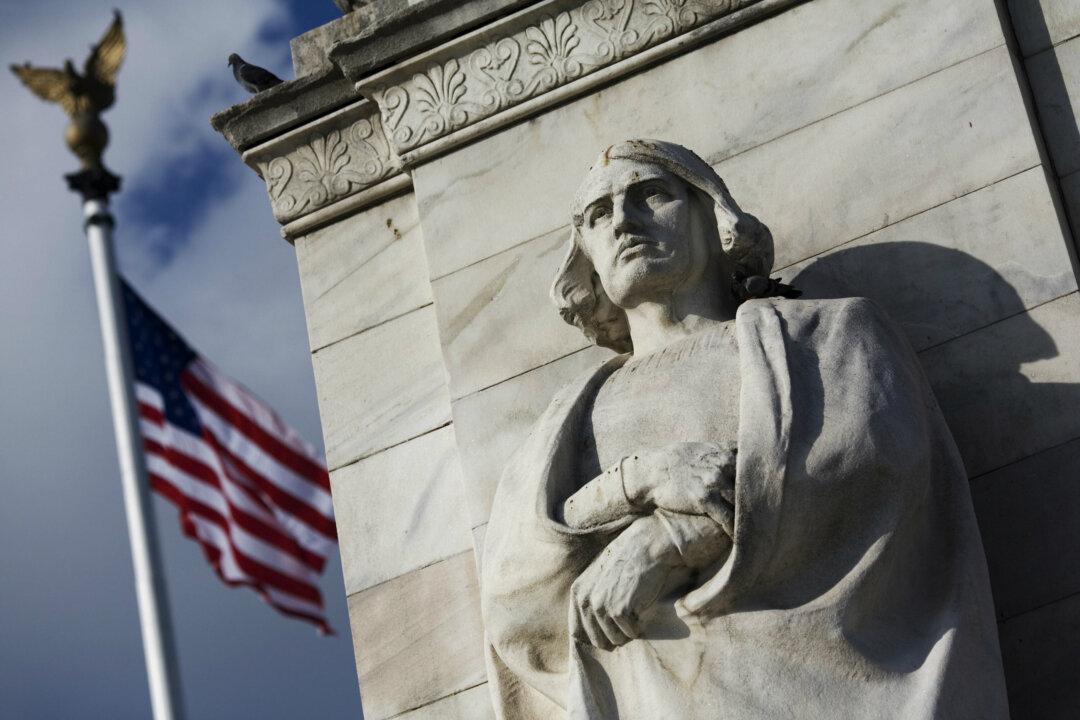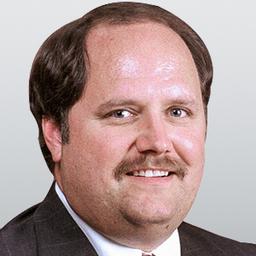Commentary
Oct. 12 is the traditional date on which Americans celebrate Columbus Day. It commemorates the anniversary of Christopher Columbus’s arrival in the Americas in 1492. In 1892, President Benjamin Harrison marked the 400th anniversary of that date with “a general holiday for the people of the United States.”





